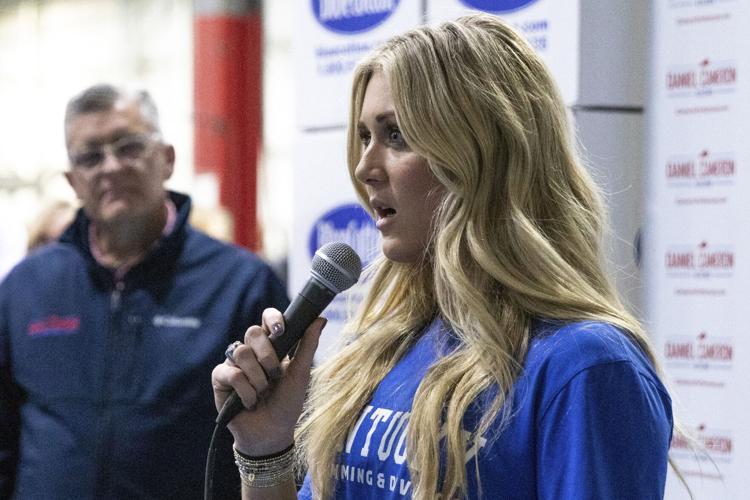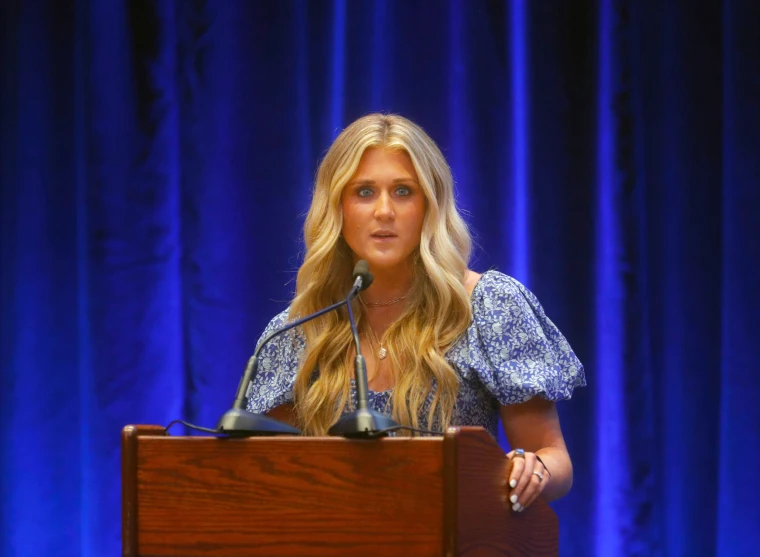In a significant legal move, former college swimmers and volleyball players have taken action against the NCAA, alleging violations of Title IX rights due to the participation of transgender athlete Lia Thomas in the 2022 national championships. Leading the charge is former Kentucky swimmer Riley Gaines, who, along with several others, has filed a lawsuit in U.S. District Court in Atlanta.
The lawsuit highlights the discomfort experienced by athletes like Gaines upon learning they would share locker rooms and compete against Thomas. Notably, Gaines and others challenge race outcomes where Thomas was involved, citing instances where Thomas received accolades and honors that they believe should have been theirs.
Among the plaintiffs is Tylor Mathieu of Florida, whose competitive prospects were directly impacted by Lia Thomas’ participation. Mathieu narrowly missed advancing to the final in the 500-yard freestyle, a position eventually secured by Thomas, who went on to claim the championship title.
This underscores the direct implications of transgender athlete participation in the competitive dynamics of collegiate sports. Lia Thomas’ victory at the NCAA Division I championships marked a historic moment as she became the first openly transgender athlete to win a title in any sport at this level.
Thomas, who transitioned from competing on the men’s team at Penn, garnered both attention and controversy for her success in women’s swimming.

The legal action extends beyond swimming, with plaintiffs from volleyball and track also joining in. This broadens the scope of the debate surrounding transgender athletes’ participation in collegiate sports, reflecting the diversity of perspectives within the athletic community.
Central to the lawsuit is the assertion that the NCAA’s policies on transgender participation in sports undermine the principles of Title IX. The plaintiffs seek to uphold the promise of Title IX and secure fair competition for future generations of women athletes.
In response to the lawsuit, the NCAA issued a statement affirming its commitment to promoting Title IX and ensuring fair competition in all championships. While refraining from commenting on pending litigation, the organization emphasizes its ongoing efforts to invest in women’s sports and maintain the integrity of collegiate athletics.
Related News:
- Oneida High School Basketball Star Makes History in Gritty Match Against Boaz, Alabama
- Dining Dilemmas: Spanky’s Falters with 41, While Fairway Social Flourishes with Perfect 100
- Mizzou football is back with the Black and Gold Spring Game.
As legal proceedings unfold, the debate over inclusion, fairness, and the interpretation of Title IX continues to evolve within the realm of collegiate athletics.

